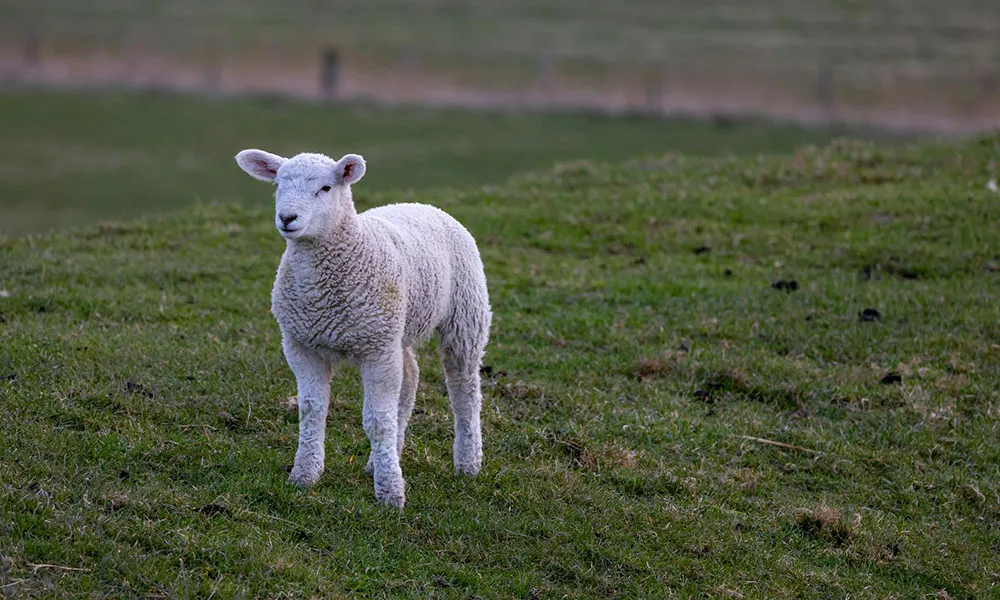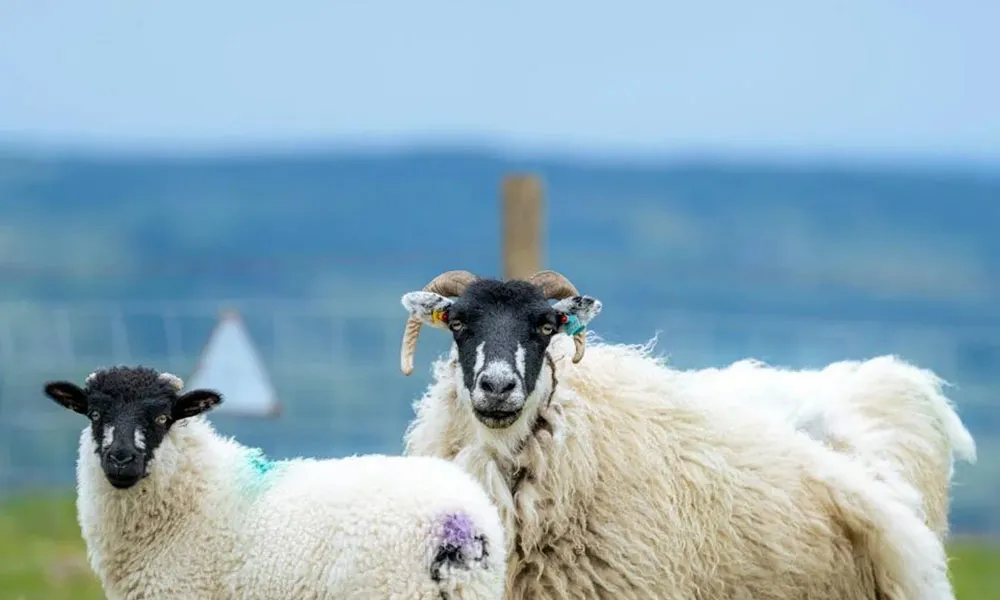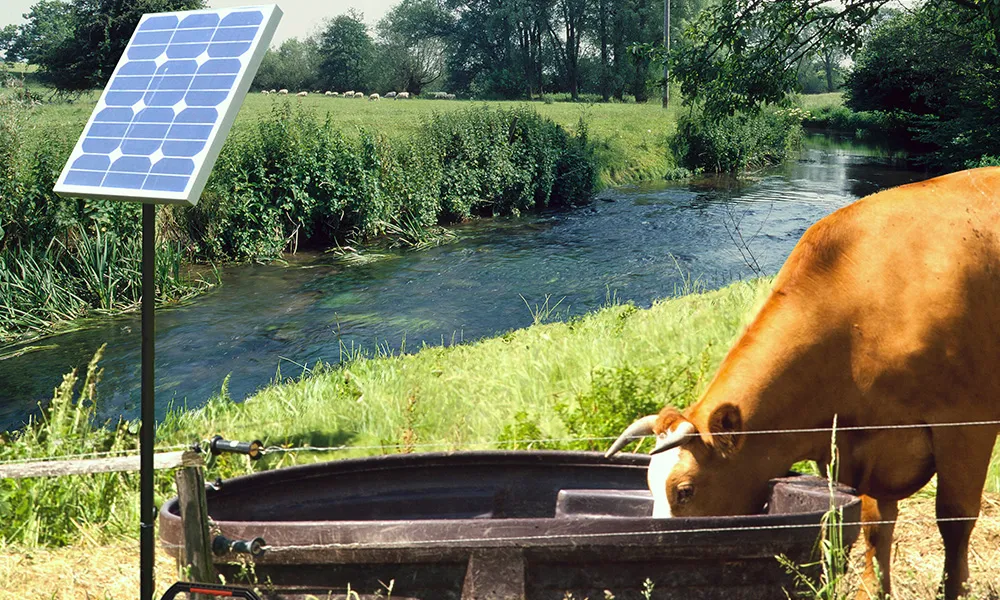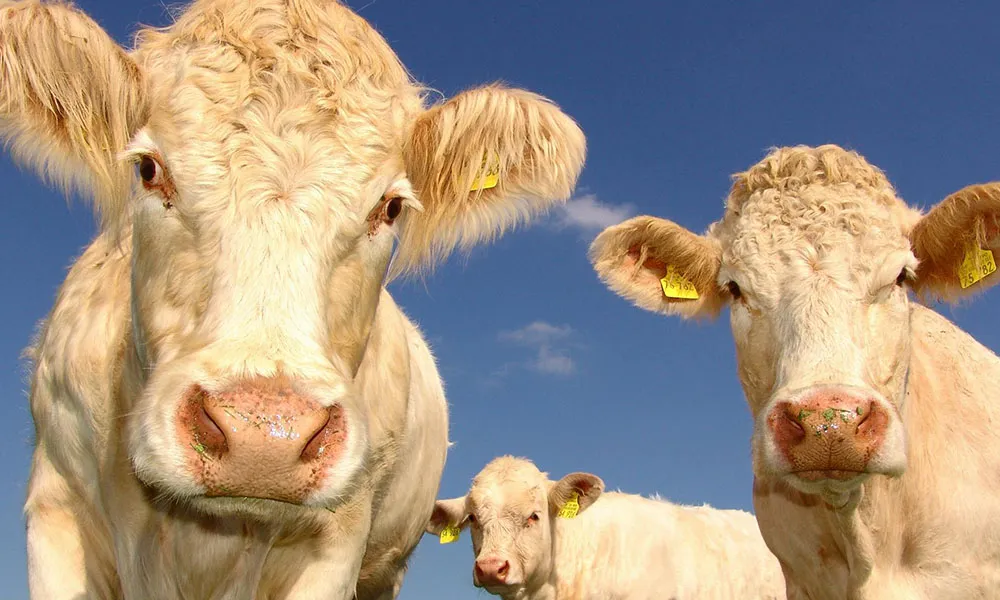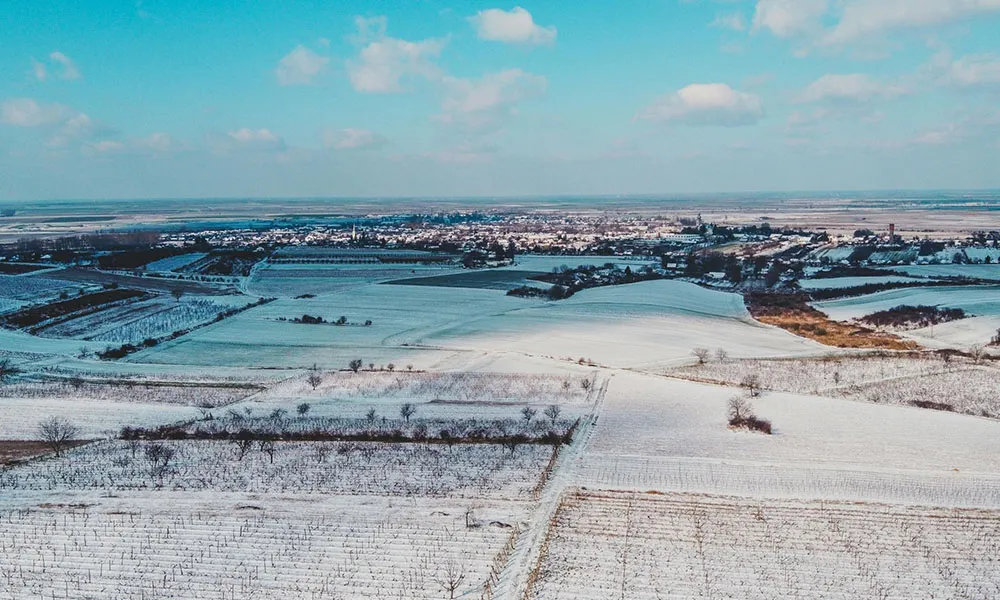
There is a longstanding belief that goats are a good animal to keep alongside sheep and cattle. In bygone days in this country, it was common to see a goat or two roaming with a herd of cattle. When I was a child – which is longer ago than I would like to admit but still not so long ago – my grandfather ran a large buck goat and a couple of nannies with our cattle throughout the year. The underlying belief, it seems, was that the goat brought luck and acted as a disease repellent.
Parasites
When I first heard this, I thought it sounded like superstition. However, in recent years research has indicated that there is more to it than that. It seems that many of the parasitic worms that trouble cattle cannot survive in goats, and vice versa. This means that goats are a dead-end host for some of the most troublesome parasites that scourge our cows at certain times of the year. Goats do not necessarily keep diseases away, but they may help to slow the rate of parasitic reproduction on our land during that phase.
Pasture quality
The general benefits of multi-species grazing are well documented, of course. All of the evidence indicates that grazing more than one species on a piece of ground ensures maximum usage. This is because different species of ruminant graze on different types of flora. For instance, cattle tend to graze grasses and ignore scrub and brush unless there is no other option. Sheep and goats, on the other hand, prefer to eat weeds and brush.
Now, this raises another question: if sheep and goats eat the same types of flora, why shouldn’t we just graze sheep with cattle and forget about goats? Well, the difference between sheep and goats lies in the direction they look to find grazing opportunities. Sheep like to graze close to the ground. If they find a weed that the like, they will graze it to the stump. (We have found advantage in this on our farm in recent years, when our sheep cleaned our meadows of ragwort, which is toxic to cattle but not so to sheep)._
Goats, on the other hand, are the ultimate browsers among ruminants. They graze with their heads up, and are always on the lookout for tall plants that they can cut down to size. If given a chance, goats will eat higher growing plants and shrubs, leaves and even the bark of troublesome plants like alder. If you have a lot of alder on a plot of land that you want to clean for cattle and sheep, it is a great idea to run a few goats on it beforehand.
They will take care of them, so you don’t have to.
Goat’s milk
Milk is probably the best reason to keep a few goats on your farm. Now, just to clarify, I hate the taste of goat’s milk and would never put it on my tea. It has a strong flavour that is very popular in some parts of the world, but is more of a niche market in Ireland. That said, there is no denying the health benefits of drinking the stuff.
More to the point, milking a couple of goats can save you a lot of money on milk replacers. Because goat’s milk has a far higher nutritional value than cow’s milk, you can easily raise orphan calves and lambs on the stuff. I know a couple of farmers who milk goats for calves and lambs, and they testify to the results. Even better, goats are usually very easy to milk by hand, having much larger teats than sheep while being considerably less dangerous to handle than cattle.
And yet…
Prompted by all of this, I recently suggested to my father that we should start running goats with the cattle again – maybe just one or two, to start off with. He shot the idea down immediately, offering one simple, but very good reason. In truth, it is the reason most Irish farmers abandoned the lucky goat tradition a long time ago.
“Fort Knox wouldn’t hold them in,” my father told me (he used slightly more colourful language than that, of course). He had spent enough years chasing errant goats around the country, he said. He’s had enough of that craic.
Fair enough!
What do you think?
So there you have it. From better quality pasture to highly versatile milk, there is no doubt that the humble goat could bring many advantages to your farm. The question is: are they worth the hassle?
No doubt you have a thought to share on the matter. Have you kept goats as part of a multi-species grazing system? Are they worth the effort of fencing your land like a maximum security prison? Whatever you have to say on the matter, we’d love to hear it. Please drop us a line in the comments section!








